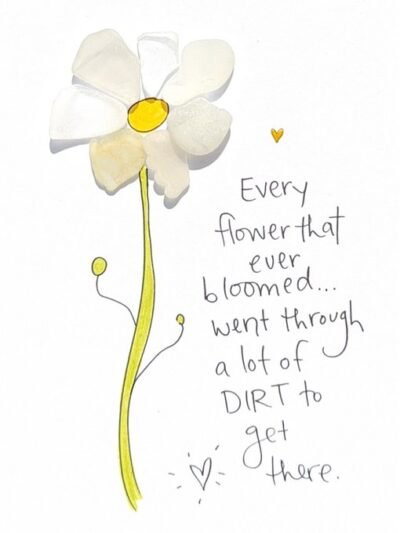Language is power. Survivors often feel the harm long before they can name it. Having the right words is not just about vocabulary—it’s about dignity,
 Language is power. Survivors often feel the harm long before they can name it. Having the right words is not just about vocabulary—it’s about dignity, clarity, and the ability to take action. Below are clear definitions of terms that people are searching for when trying to understand violence, manipulation, and control.
Language is power. Survivors often feel the harm long before they can name it. Having the right words is not just about vocabulary—it’s about dignity, clarity, and the ability to take action. Below are clear definitions of terms that people are searching for when trying to understand violence, manipulation, and control.
Gaslighting
A form of psychological manipulation where someone makes you question your own memory, perception, or reality. The goal is to make you feel confused, “crazy,” or unable to trust yourself.
Emotional Abuse
Patterns of behavior meant to control, belittle, or isolate you through words, threats, or silence. Emotional abuse attacks self-worth and leaves invisible scars that last long after the words are spoken.
Financial Abuse
When someone controls your access to money, employment, or financial independence. This may include stealing, hiding funds, preventing you from working, or forcing you to justify every expense.
Manipulation
A tactic where someone twists facts, feelings, or circumstances to benefit themselves at your expense. Manipulation thrives on guilt, pressure, or subtle coercion.
Stalking
Repeated, unwanted attention that makes you feel unsafe. This can include following you, showing up uninvited, monitoring your movements, or harassing you with unwanted communication.
Cyberstalking / Cyberbullying
Online harassment through emails, messages, posts, or social media. It may include threats, doxing (sharing private information), impersonation, or coordinated attacks meant to intimidate or humiliate.
Grooming
A calculated process predators use to gain the trust of a child—or sometimes an adult—in order to exploit or abuse them. Grooming often includes gifts, secrets, or slow boundary-breaking.
Deception
When someone deliberately lies, hides information, or creates false impressions to gain power or advantage over you. In abusive contexts, deception is often used to trap or confuse.
Age-Appropriate Sex Education
Education that teaches children and teens about bodies, consent, boundaries, and respect in a way that is truthful, safe, and matched to their developmental stage. It is meant to protect, not exploit.
Coercion
When someone pressures, threatens, or manipulates you into doing something against your will. Coercion removes true choice and makes “consent” impossible.
Physical Abuse
Any act that causes physical harm or injury, such as hitting, slapping, choking, or restraining. It often escalates in severity and is never justified.
Domestic Violence
A pattern of abusive behavior—emotional, physical, sexual, or financial—used by one partner to control another within a relationship or household.
Toxic Relationship
A relationship where unhealthy patterns like manipulation, disrespect, control, or harm are the norm. Toxicity drains your energy and erodes your sense of self.
Harm
Damage to a person’s body, mind, spirit, or livelihood. Harm can be intentional or the result of neglect, but in all cases, it diminishes safety and dignity.
Boundaries
The healthy limits you set for how others can treat you. Boundaries protect your time, body, mind, and spirit. Respecting them is a sign of love; violating them is a sign of danger.
Consent
Clear, enthusiastic, ongoing agreement to participate in something—whether in conversation, touch, sex, or daily choices. Consent is freely given, can be withdrawn at any time, and cannot exist under coercion, manipulation, or fear.
Bullying
Repeated aggression, intimidation, or harassment—whether verbal, physical, or digital—intended to dominate or harm someone perceived as vulnerable.
✨ Why These Words Matter
Every one of these terms represents real experiences people are living through right now. Naming the harm is not weakness—it is the first act of strength. Once you have the words, you can set boundaries, seek support, and reclaim your safety.